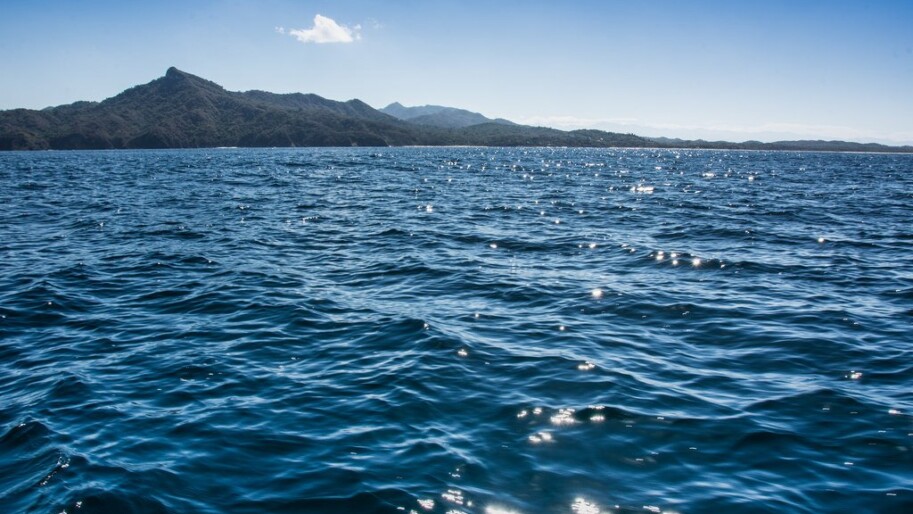And see here, The world’s oceans are speeding up — another mega-scale consequence of climate change
Highlights:
Ocean currents have been increasing in energy for the last few decades, which can affect jet streams, weather patterns, marine wildlife and the amount of heat stored in the ocean’s depths.
- Three-quarters of the world’s ocean waters have sped up their pace in recent decades, a massive development that was not expected to occur until climate warming became much more advanced.
- Scientists aren’t certain of all the consequences of this speedup yet. But they may include impacts in key regions along the eastern coasts of continents, where several currents have intensified. The result in some cases has been damaging ocean hotspots that have upended marine life.
- The study notes that in extreme climate warming scenarios, a speedup of global winds also occurs — but the change was expected to peak at the end of this century, after vastly more warming than has happened so far. This suggests the Earth might actually be more sensitive to climate change than our simulations can currently show, McPhaden said.
- As waters warm, less carbon dioxide can be absorbed by oceans, limiting sequestration and shifting weather patterns
- Heat may also be stored in the depths of the ocean which can help slow warming on land
The Climate Center supports policies that enhance healthy ecosystems on land and at sea, to sustain biodiversity and catalyze additional carbon sequestration, key to achieving net-negative emissions by 2030.
Read More: https://www.sciencemag.org/news/2020/02/global-warming-speeding-earth-s-massive-ocean-currents

Nina Turner
Energy Programs and Communications CoordinatorJanina is a graduate of the Energy Management and Design program at Sonoma State University with experience in non-profits that specialize in sustainability and volunteerism.

